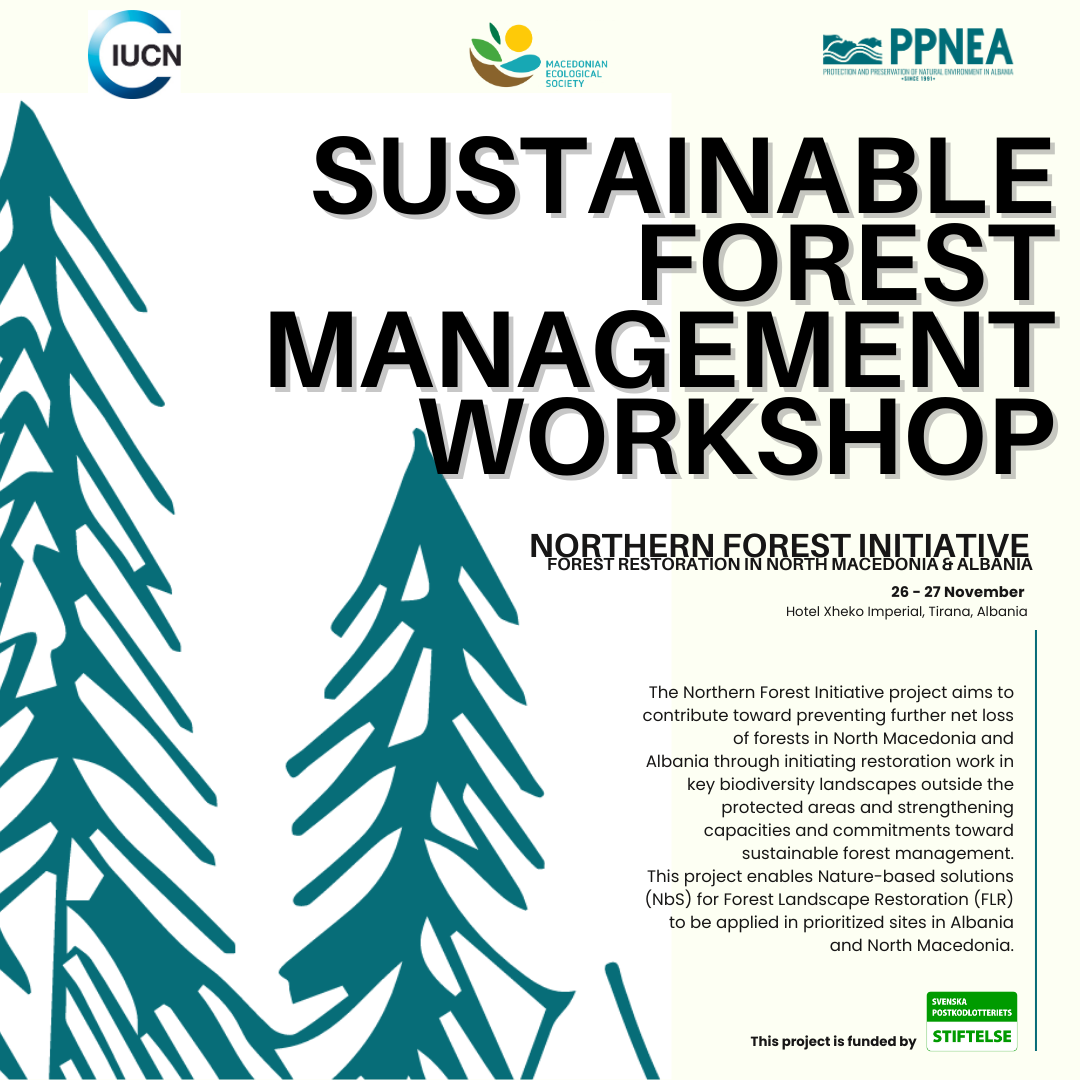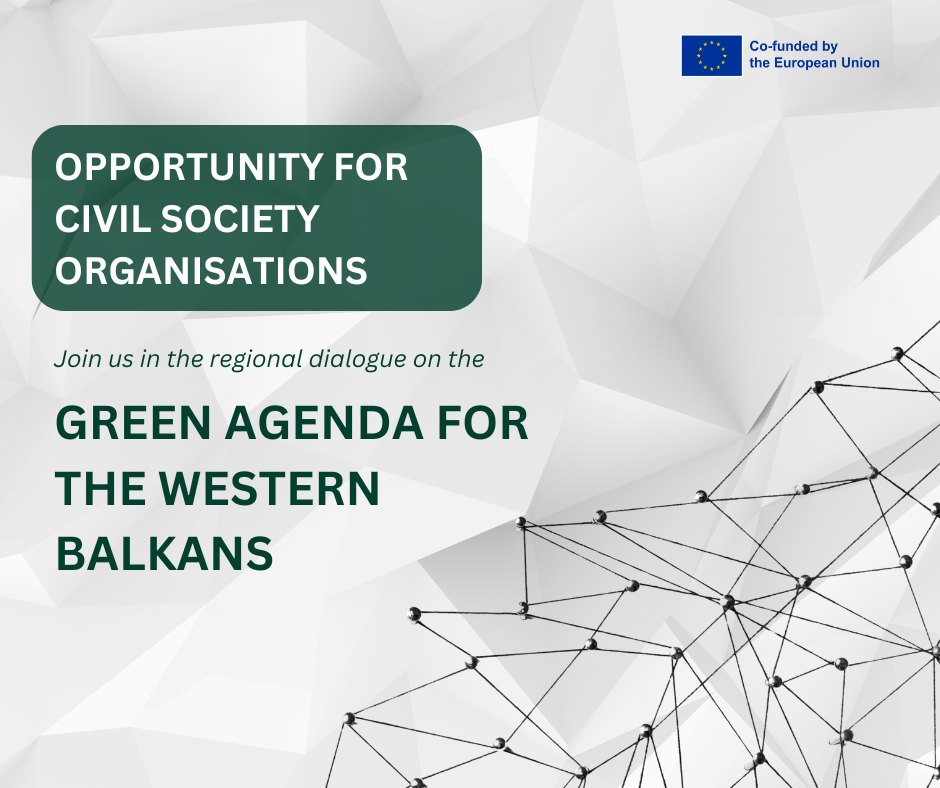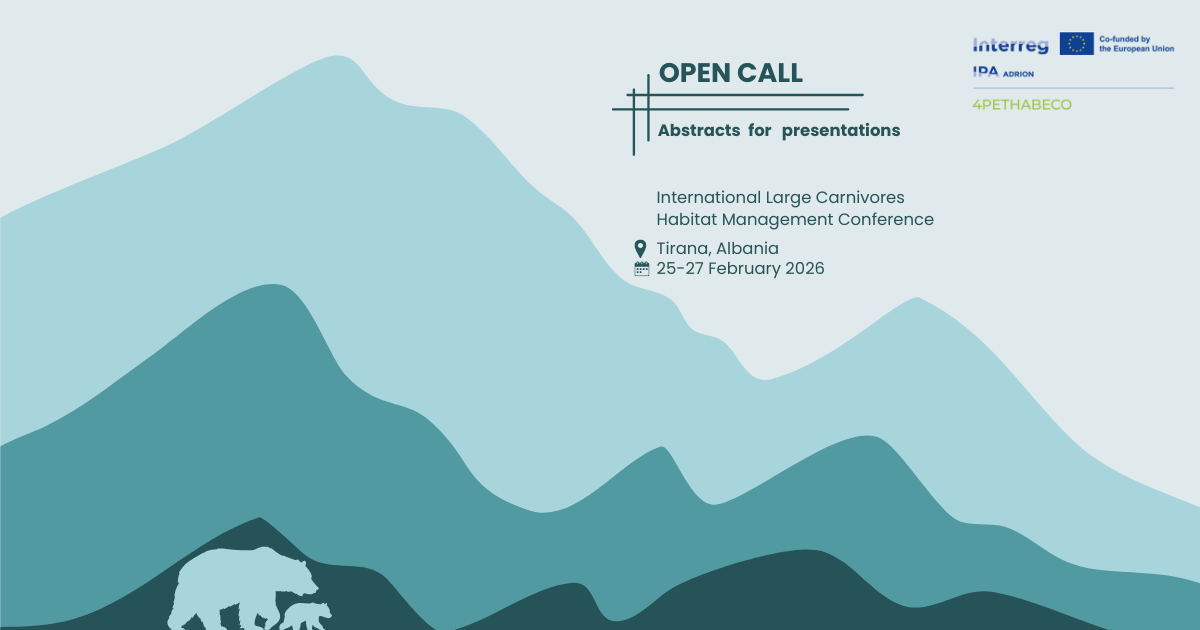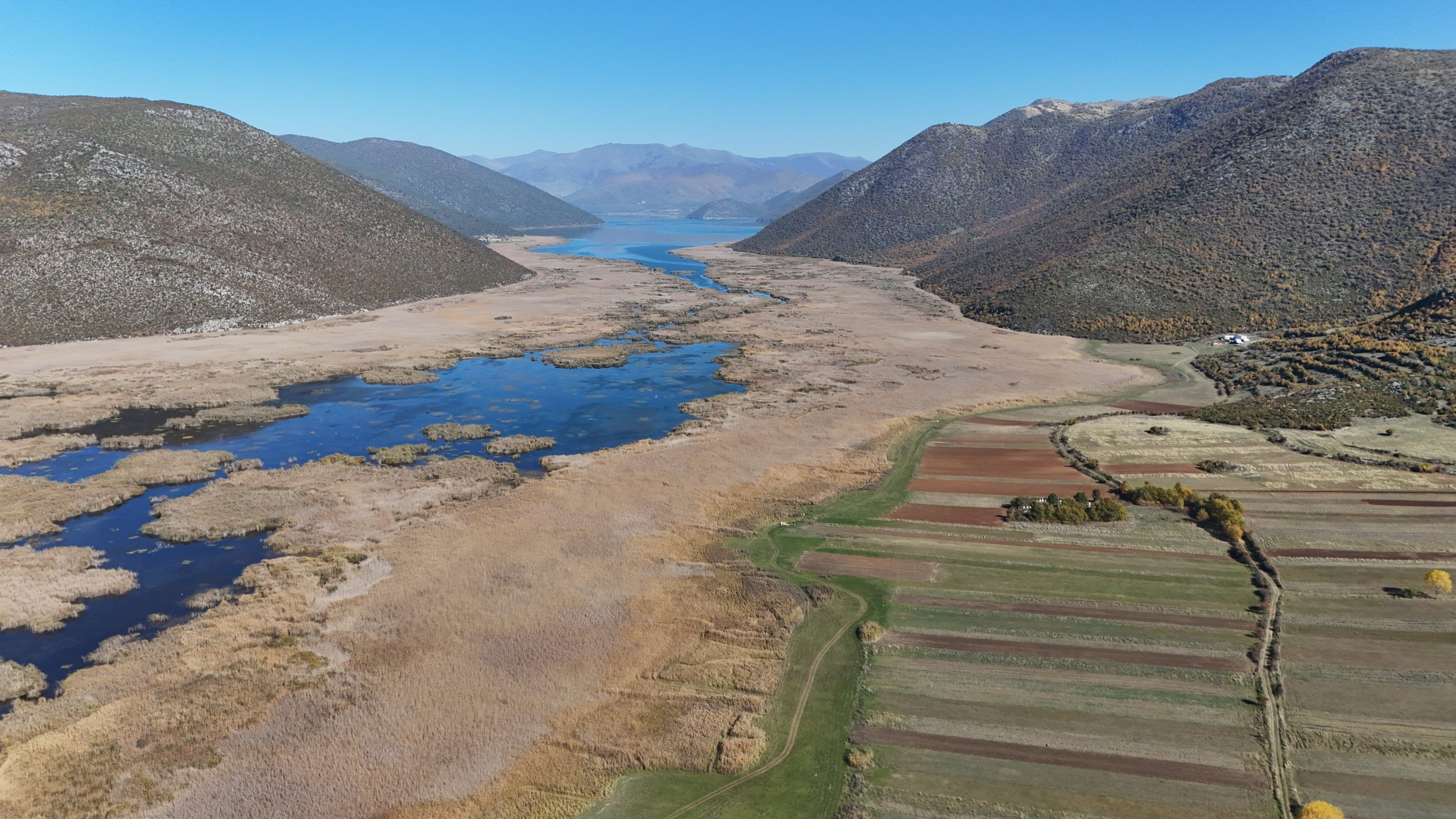Sustainable Forest Management Workshops organized under the project “Northern Forests Initiative: Forest Restoration in North Macedonia and Albania”, a collaborative effort by PPNEA, IUCN ECARO, and the Macedonian Ecological Society (MES), will address critical environmental challenges and promote sustainable forest practices.
Event Details:
- Dates: 26–27 November 2024
- Location: Hotel Xheko Imperial, Tirana, Albania
The event holds immense importance for the protection and preservation of Albania’s natural environment, addressing critical challenges that threaten biodiversity-rich ecosystems, including the habitats of endangered species like the Balkan lynx. By promoting sustainable forest management, it contributes to national and regional commitments toward environmental restoration. Representatives from PPNEA, IUCN, MES, and participating experts will be available for interviews to discuss project goals, outcomes, and broader environmental implications.
More information:
Sustainable forest management workshop is organised as a part of capacity-building activities under the project “Northern Forest Initiative: Forest Restoration in North Macedonia and Albania” (the “NFI Project” or “project”). The NFI Project is a conservation initiative financially supported by the Swedish Postcode Foundation and executed by the IUCN Regional Office for Eastern Europe and Central Asia (IUCN ECARO) in collaboration with two national partners – Macedonian Ecological Society (MES) and Protection and Preservation of Natural Environment in Albania (PPNEA). The NFI Project is part of the Swedish Postcode Foundation’s Northern Forest Initiative.
According to Global Forest Watch, North Macedonia lost 5,5% and Albania 6,5% of total tree cover in the last 20 years. Recent local analysis confirmed this trend by showing concerning losses of 6.78% and 4.88% of non-degraded forests over the last 12 years. These negative trends are also recognizable in high biodiversity value regions like core habitats of the Balkan Lynx, critically endangered according to the IUCN Red List of Threatened Species™, as well as endemic species and iconic animals of Europe, such as wolves and bears. Overall, 15 important habitats of the EU Habitats Directive can be found in the affected area.
Management of key biodiversity landscapes in protected areas did not sufficiently prevent forest losses in the target countries while connecting areas outside of legal protection are particularly exposed to further degradation. Moreover, illegal logging has been a long-lasting problem in the Balkans, coupled with rapid urbanization and land use changes causing damage to biodiversity-rich ecosystems and wildlife habitats. Climate change consequences contribute to increased wildfire damages in the whole region, which is especially threatening to the lives and livelihoods of rural communities. The diversity of stands and resilience of the forest ecosystem has decreased, leaving it exposed to the adverse effects of pests and diseases.
The NFI Project aims to contribute toward preventing further net loss of forests in North Macedonia and Albania by initiating restoration work in key biodiversity landscapes outside the protected areas and strengthening capacities and commitments toward sustainable forest management.
This project enables Nature-based solutions (NbS) for Forest Landscape Restoration (FLR) to be applied in prioritized sites in Albania and North Macedonia. The restoration sites are selected by applying a specialized methodology of Restoration Opportunities Assessment Methodology (ROAM) that by itself brings new data and knowledge for further restoration works. The targeted landscapes of the projects “Bukovikj” in North Macedonia and “Pashtrik-Morina” in Albania have areas of forest that have been heavily degraded and need to be restored as area of great value for biodiversity and connectivity of a larger landscape, including surrounding protected areas.
Forest landscape restoration work conducted will have multiple benefits as direct outcomes, such as carbon sequestration, ecosystem resilience etc. At the same time, this project serves not only to contribute directly to compensating forest loss but also to raise capacities and commitments to future restoration efforts, pledges and achievements under the Bonn Challenge and sustainable management of forest in both countries. For this purpose, IUCN and national implementing partners engage multiple stakeholders, from local communities to responsible departments of forest management and decision-makers in the government.
Sustainable forest management (SFM) workshops will play a central role in achieving the project’s goal of strengthening national capacities for forest restoration and management in North Macedonia and Albania. Designed mostly for institutional partners (policy makers, protected areas managers, and technical staff of the forestry sector), the SFM workshops will capitalize on the knowledge and learning from the ROAM process. The training sessions will elaborate on the benefits and added values of applying NbS/FLR/SFM, provide access to and promote relevant tools and their application, and share good practices and guidelines.
For further details or to confirm your attendance, please feel free to contact:
Lorena Pyze Xhafaj
Communications and Public Relations Officer, PPNEA
Email: [email protected]




